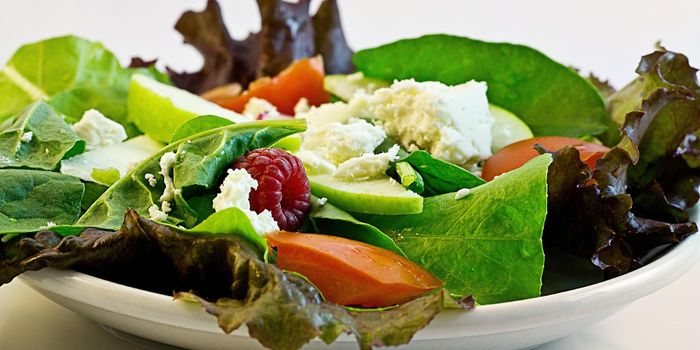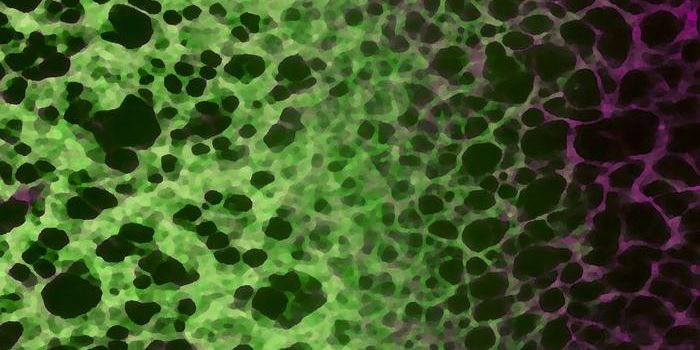Blue Coral Snakes Have Venom Unlike Any Other Snake
For the most part, any snake bite is a cause for worry because many people simply don’t know what they’re dealing with. Not only can they be painful, but there are some truly venomous species out there that will cause a lot more damage than just a wound; some bites are simply lethal.
On the other hand, while most snake venoms are slow to kill, one species in particular strikes quickly, and the results aren’t as pretty as the colors of the snake itself.
The blue coral snake (Calliophis bivirgata), has a unique kind of venom that most snakes don’t have, and it even has the largest venom glands of any snake, which extend more than a quarter of its body length.

It’s a quick striker, so if you were bit by one, the effects of the venom’s toxins would be nearly immediate compared to many other kinds of snake venom.
Published in the journal Toxins, researchers take a closer look at the blue coral snake to learn more about its effects on the body on a subject that has received a venomous bite.
What scientists know already is that it’s a fast-acting venom that causes all of the neurons in your body to fire simultaneously, which can lead to nearly instant spastic paralysis. The spasms you would feel in your muscles would feel a lot like muscle cramps, only they’d be everywhere in your body and would be so strong you couldn’t move.
In this state, you’re wide open to the predator that wants to eat you, and that’s particularly why the blue coral snake has this unique ability.
Since the blue coral snake often feasts on other kinds of highly venomous snakes, it evolved to have this special fast-acting venom so that it could take down bigger and stronger venomous snakes more quickly to avoid getting bitten back.
"These snakes are 'killer's killers'. They specialise in preying on other venomous snakes, including young king cobras, so they play a 'hunt the most dangerous' game," said researcher Bryan Fry of the University of Queensland. "Their blazingly fast venom does not kill immediately. Instead, it turns on all the nerves of their fast-moving prey – who are also potential predators – at one time, almost instantly resulting in a frozen state."
But that’s not the biggest discovery about the blue coral snake’s venom. Perhaps the most important is that our newfangled understanding of how it works and how it could eventually lead to improved pain treatment in humans.
Scientists are studying the ways the venom affects the sodium channels in nerves, which keeps them firing continuously. It just so happens that this particular sodium channel is used in humans to treat pain, and that means there’s a possible discovery just at the end of the tunnel.
"This venom hits a particular type of sodium channel that is important for the treatment of pain in humans," Fry continued. "This is another in the long line of useful discoveries from venom that could benefit human health."
Ironically, a venom that you and I perceive to cause a great deal of pain, just before death, may actually have therapeutic uses in the medical field in the near future. Unfortunately, as the blue coral snake faces habitat loss from land development, they're getting harder to come by, which could serve as a bottleneck.
It should be interesting to see what this research turns up in the case of blue coral snake venom.
Source: University of Queensland via Phys.org








